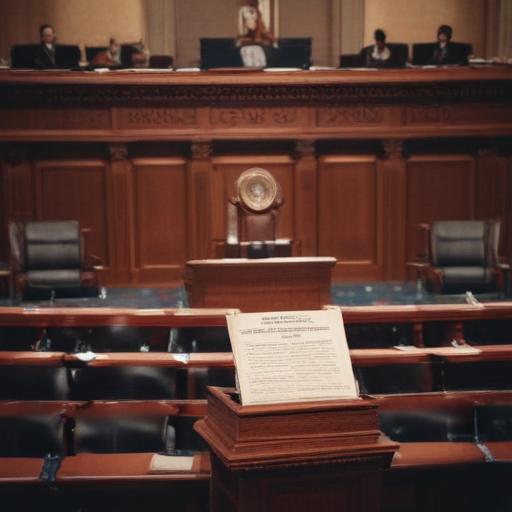During a House Committee on Homeland Security budget hearing held on May 14, 2025, Homeland Security Secretary Kristi Noem made a controversial statement regarding deportation and due process rights. She asserted that President Donald Trump possesses an absolute right to deport individuals without due process, misrepresenting the constitutional principle of habeas corpus, which allows individuals to challenge their detention in court.
In a tense exchange with Sen. Maggie Hassan from New Hampshire, Noem provided an inaccurate definition of habeas corpus, which Hassan promptly corrected, emphasizing its critical role in protecting citizens from potential abuses by the government. This interaction highlights ongoing debates about the interpretation of constitutional rights in relation to immigration policy.
In response to Noem’s remarks, Tricia McLaughlin, an assistant secretary at the Department of Homeland Security, defended Noem’s position by referencing historical precedents where U.S. presidents, including Abraham Lincoln and Franklin D. Roosevelt, have suspended habeas corpus during times of crisis. McLaughlin noted that while Congress holds the formal power to suspend such rights, presidents have acted in similar ways as events unfolded.
Noem’s statements come amid a broader context of a significant campaign of detentions and deportations by the Department of Homeland Security (DHS), which has been challenged in courts concerning violations of detainees’ habeas corpus rights. The conversation echoed recent comments from White House deputy chief of staff Stephen Miller, who suggested that the writ of habeas corpus could be suspended in situations deemed as invasions.
This ongoing debate is crucial as it underscores the delicate balance between national security and the preservation of civil liberties, ensuring that fundamental rights are not eroded in the face of crisis. The focus on legal frameworks and historical context adds depth to understanding current policies, while reminding us of the importance of protecting individual rights even during challenging times.
